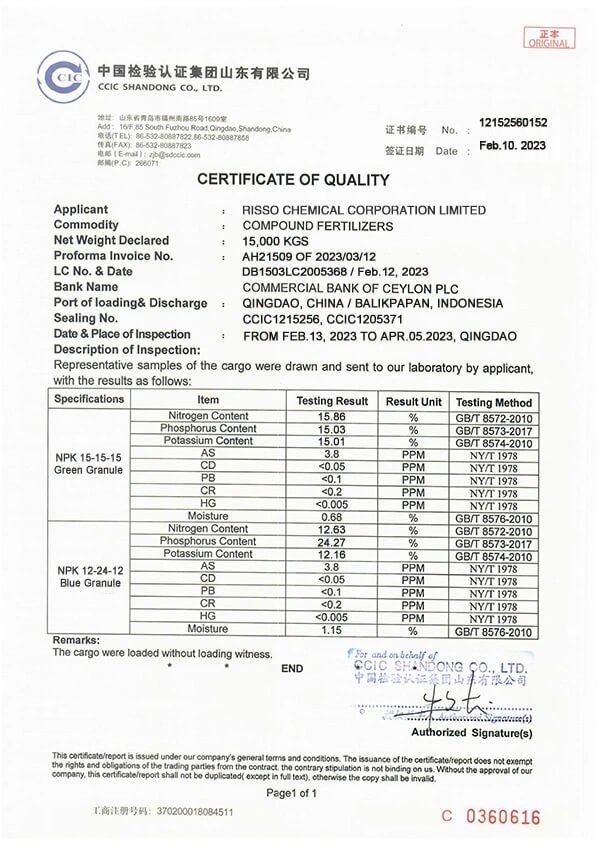Organic Fertilizer
npk 5% ~ npk 10%
Use fertilizers to preserve soil nutrients help produces crops good for human health
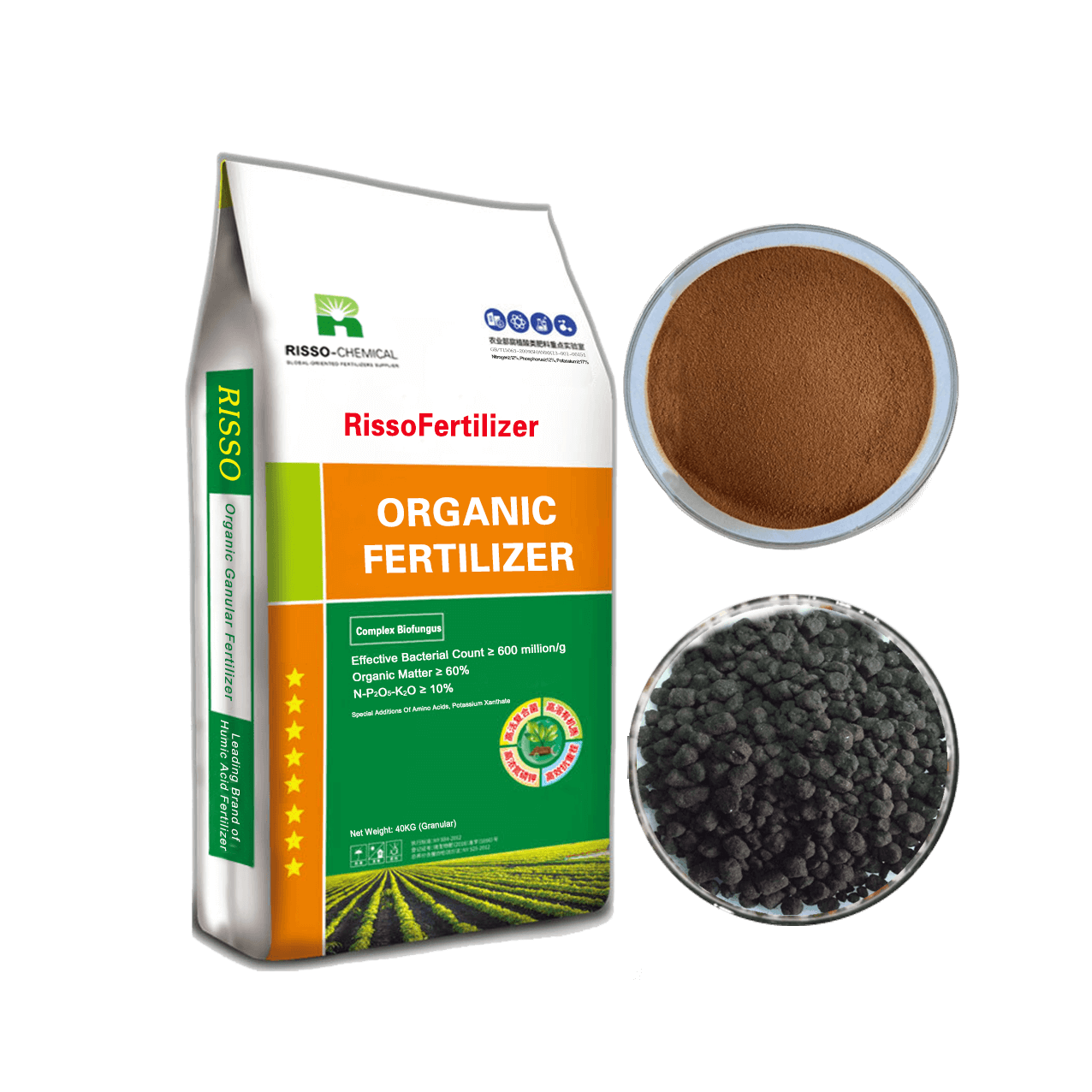
Organic Fertilizer

Organic Fertilizer Blending
Organic Fertilizer
| Product Name: | Organic Fertilizers |
| Grade Standard : | Agriculture |
| Purity : | custom made |
| HS No : | 3101009090 |
| MOQ : | 10T (Sample free) |
| Payment Terms : | T/T, L/C, cash(USD, EUR, RMB) |
| Trade Terms : | FOB, CIF, EXW |
| Place of Origin : | ShangDong, China |
| Application : | Agricultural fertilizer |
| Certificate: | ISO 22241-1, DIN 70070 standards. |
Organic Fertilizer Description
Organic Fertilizer refers to carbon-containing organic materials that are mainly derived from plants and (or) animals and are fermented and decomposed. Its function is to improve soil fertility, provide plant nutrition, and improve crop quality.
organic fertilizer refers to a combination of specific functional microorganisms and organic materials that are mainly sourced from animal and plant residues (such as livestock and poultry manure, crop straw, etc.) and undergo harmless treatment and decomposing. Organic fertilizer effect fertilizer.
The company’s main products are: organic fertilizer, -organic fertilizer, quaternary -organic fertilizer, compound microbial fertilizer, organic-inorganic compound fertilizer, microbial inoculants, etc.
If you want to know more details, please contact us: info@rissochemical.com
Types of Organic Fertilizers
These different sources of organic fertilizers offer a variety of benefits and can be customized to meet the needs of specific soils and crops, following the principles of organic farming.
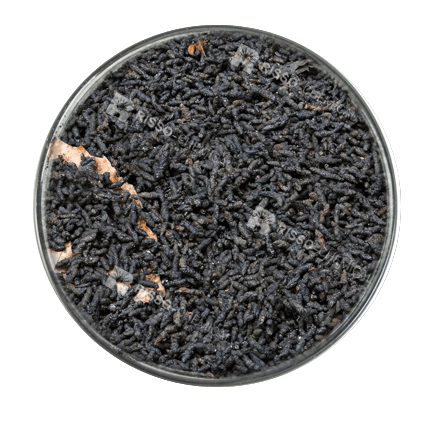
Bat Guano Organic Fertilizer
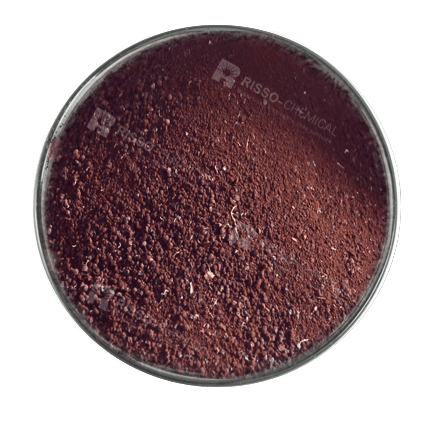
Blood Meal Organic Fertilizer
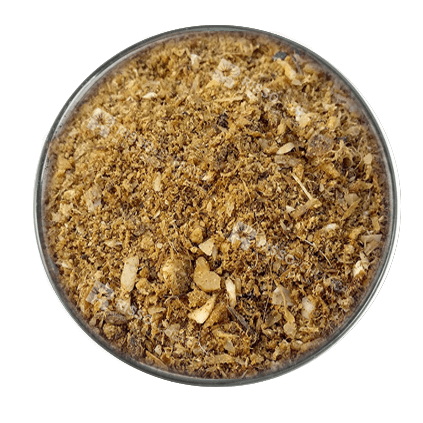
Bone Meal Organic Fertilizer
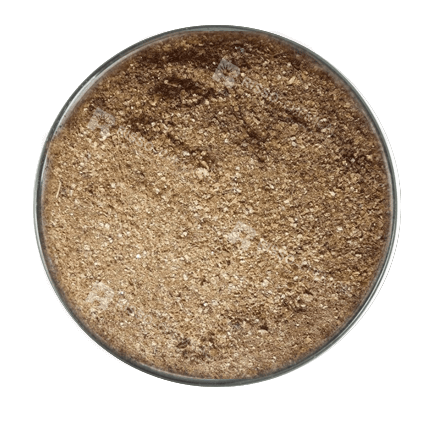
Fish Emulsion Organic Fertilizer
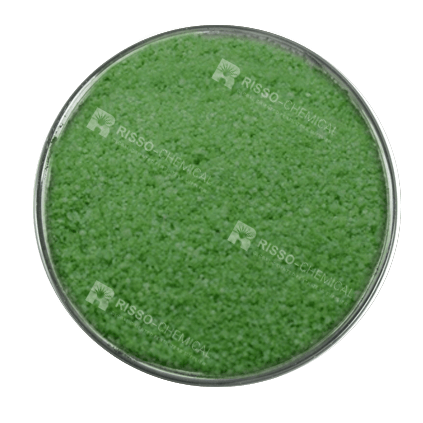
Greensand Organic Fertilizer
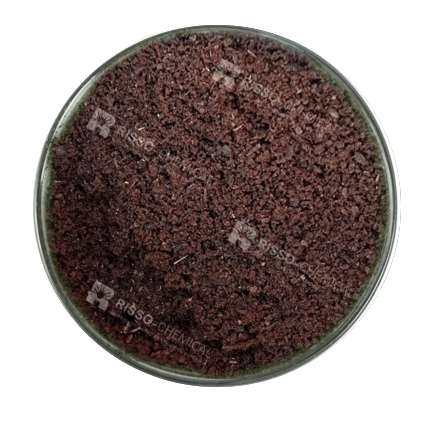
Manure Organic Fertilizer
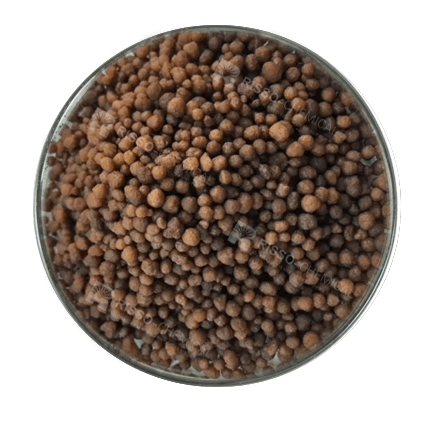
Phosphate Organic Fertilizer
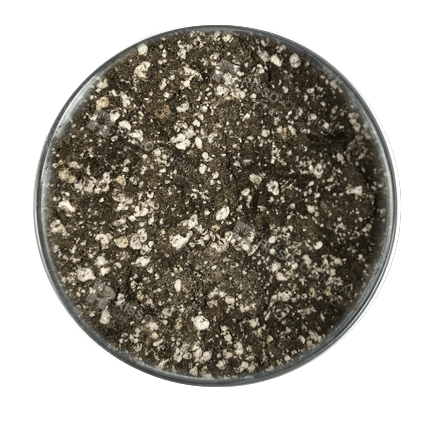
Bird Guano Organic Fertilizer
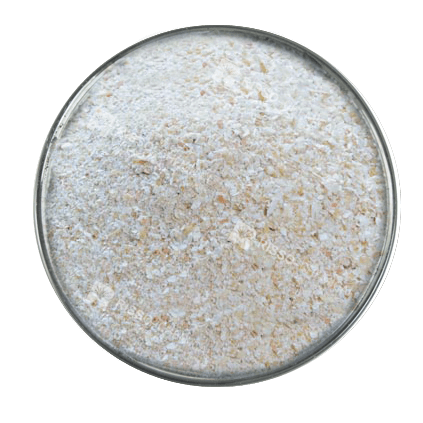
Shellfish Organic Fertilizer
Benefits Of Organic Fertilizer
Organic fertilizers naturally enrich the soil, slowly nourish plants, promote biodiversity, minimize environmental impact and enhance plant health for sustainable growth.
- Enhances soil structure
- Slow-release nutrients
- Promotes biodiversity

- Enhances soil structure
- Slow-release nutrients
- Promotes biodiversity
How To Apply Organic Fertilizer
Organic fertilizers naturally enrich the soil, slowly nourish plants, promote biodiversity, minimize environmental impact and enhance plant health for sustainable growth.

Direct Soil Amendment
Organic fertilizers like compost or manure are directly mixed into the soil to enhance its nutrient content and structure, providing a long-term benefit to plant growth.

Composting to Reduce Pathogens
Compost organic materials into humus, naturally reducing pathogens for safer garden and field use.

Integrated Nutrient Management Practices
Combine organic fertilizers with sustainable methods to enhance soil health and nutrient availability.
Organic Fertilizer Certificates
FAQs About Organic Fertilizer
Organic fertilizers usually take longer to act on plants, ranging from a few weeks to a few months, depending on the type of organic matter and soil conditions. Their nutrients are released slowly as they decompose.
Disadvantages of organic fertilizers include slower release of nutrients, potentially inconsistent nutrient levels, higher cost compared to synthetic fertilizers, and bulkier size, which can make application more laborious.
Organic fertilizers are generally considered to be better for long-term soil health and sustainability than chemical fertilizers. It improves soil structure, increases water retention, reduces the risk of chemical runoff and benefits the environment.
In general, chemical fertilizers are cheaper than organic fertilizers because of lower production costs and higher nutrient concentrations. However, the long-term benefits of organic fertilizers can offset their high initial cost by improving soil health and reducing environmental impacts.
Yes, it is recommended to water organic fertilizers after application to help dissolve and disperse the nutrients into the soil so they are more readily absorbed by plant roots and to increase the effectiveness of the fertilizer.
The best organic fertilizers vary depending on the needs of the specific plant, but compost is widely considered to be very beneficial due to its nutrient richness and ability to improve soil structure.

What will you get when touch?
✔ Tailored solutions for your project.
✔ One-stop product, tech, market
Organic Fertilizers: Guide
Organic fertilizer has the characteristics of improving soil, cultivating soil strength, improving soil nutrient vitality, purifying soil ecological environment, guaranteeing high quality, high yield and high benefit of vegetables, and it is an irreplaceable fertilizer for facility vegetable cultivation.
Risso has a wide range of organic fertilizers, such as guano and bat guano, blood, bone and feather meal, as well as fish and seaweed fertilizers. Organic fertilizers can also be customized to add other elements such as nitrogen, phosphorus and potassium.



